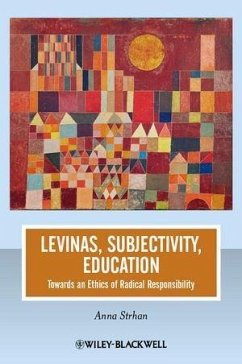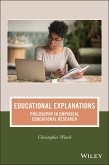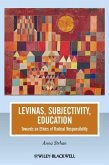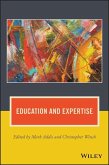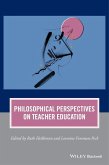Levinas, Subjectivity, Education explores how the philosophical writings of Emmanuel Levinas lead us to reassess education and reveals the possibilities of a radical new understanding of ethical and political responsibility. * Presents an original theoretical interpretation of Emmanuel Levinas that outlines the political significance of his work for contemporary debates on education * Offers a clear analysis of Levinas's central philosophical concepts, including the place of religion in his work, demonstrating their relevance for educational theorists * Examines Alain Badiou's critique of Levinas's work * Considers the practical implications of Levinas' theories for concrete educational practices and frameworks
Dieser Download kann aus rechtlichen Gründen nur mit Rechnungsadresse in A, B, BG, CY, CZ, D, DK, EW, E, FIN, F, GR, HR, H, IRL, I, LT, L, LR, M, NL, PL, P, R, S, SLO, SK ausgeliefert werden.

